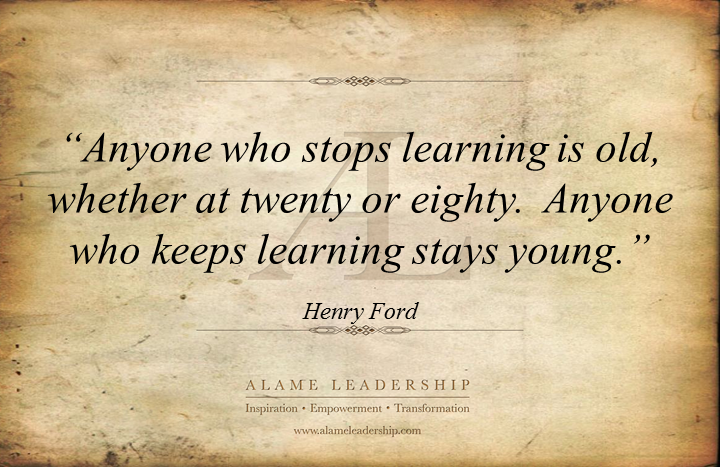LEARNING & DEVELOPMENT PROFESSIONALS : Exploring the way to optimize your resources
A review on an article from: https://www.td.org/td-at-work-guide/expand-employee-learning-with-communities-of-practice
Each organisation will have its culture built within. The leaders are well aware of what they wanted to achieve as it needs to be aligned with the company’s strategic plan. Learning culture is what we can find in all organisation which implement innovative approach in their competitive intelligence embedded within their firm.
You will see that there are learning leaders who may have named differently but taking the similar role. As organization need to adapt to changes, learning is a critical activity that can be in formal or informal setup. We can always accelerate learning by formally organizing peer learning in the form of communities of practice (CoPs).
In this article by Maggie Romanovich, Expand Employee Learning with Community Practice, it discussed thoroughly on how building communities of practice (CoPs) within an organization can benefit not only the company but the talent in it.
The perspective of having peer learning method which relate to the needs of adults learning preparation which is readiness and self-concept, was being discussed practically in this article. As in ordinary circumstances, training become the main way of developing your talent in the organization. Regardless of the size and industry that you may be in, learning is part of the growth plan in any company.
Peer Learning Method discussed in the article referring to main 3 methods including mentoring, project team and communities of practice. Most of us maybe very familiar with mentoring and project team. We may have different names for mentoring and project team, but it maintain the same objectives.
Mentoring takes place where a more experience individual assigned to another person compratively new in the organisation or a specific area of skills. While project team, allow individuals to explore their ‘doing’ potential as they assigned with diffrent roles in different secnarios.
How about communities of practice (CoPs)? In the article, Maggie shared some practical examples. In summary, it is an approach where we gather individuals who practice specific skills or scope of work on the field to share and learn from each other. They are basically the doers that share and challenge they way they do things focusing towards learning for improvement. While the members in the communities learn, they share and challenge their own ideas and ways of doing things.
How this can be different compared to the current way of training and development? There are areas that was discussed in the article, which I found significant and makes it more practical for any organisation.
It was mentioned that in each CoP, there will be a specific main area of interest that being set. A domain is assigned for the particular communities to ensure that gathering is not only about meeting up, but it includes reviewing of what they can do next. The group involves practitioner and not only people who knows but also who does. This community involved high interaction, readiness to trust each other. Beyond sharing they are ready to challenge and be challenged.
These communities bring together knowledge from different people and background, and it become a ‘warehouse of knowledge’. Having the practitioners in, there are life experiences shared and practical solutions gathered. For many organization, these communities allow them to recognize the talent who are doers that many organization need.
Overall, I found this piece refreshing as the discussion made supported with case study and related tools that can be used in practical life. This approach allows organization to explore new way of managing their learning and development programs. As training sessions may continue, the existence of CoPs in organization will enable to accelerate the growth of your talent while working on the company growth.



